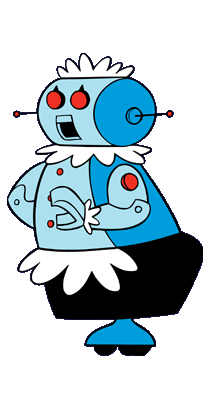 I think if you go back far enough in the supply chain of any manufacturing process, you’re going to reach a point where the people doing the initial harvesting – whether rubber, cotton, gold, coffee, or diamonds – will be found to be living in relative economic poverty.
I think if you go back far enough in the supply chain of any manufacturing process, you’re going to reach a point where the people doing the initial harvesting – whether rubber, cotton, gold, coffee, or diamonds – will be found to be living in relative economic poverty.
I suppose this is true of the harvesters of souls, too; those who find, help, treat, work with, the “least of us, the homeless” – outreach and shelter workers, animal rescuers and conservationists, etc.
“Note harvesters” and “color and shape harvesters” as well – those who work in obscurity and/or poverty to make their music, their art, their poetry, from forgotten or undiscovered fragments they encounter or cultivate or simply recognize in the world.
But I wouldn’t be too quick to dismiss the prospects for hope and real prosperity of spirit among these hunters and gatherers. Living close to the ground, getting one’s hands dirty, being able to connect with the nature around you, is not without its rewards. I think all of us who have ever marveled at the beauty of a found stone or seashell, or relished the simple pleasure of paddling down a river or hiking in the woods, or cried a tear of joy or relief when a rescued bird you’ve cared for flies away, or pointed with pride to a building you laid the bricks for, or “made a song” out of the sounds of tin cans or balloons or spokes on a wheel, has felt an inkling of that. That these feelings often come to us in the midst of (or as an antidote to) living our lives “back home” in relative splendor, is some testament to the potency of these simple joys of doing and of being that we sometimes overlook.

 I was drawn into a conversation recently of whether we will need a universal basic income at some time in the not-so-distant future. This is something that I’ve been thinking about perhaps since I graduated from college, and I’m now a few years away from retirement. So it’s something I’ve thought of from time to time, over the years.
I was drawn into a conversation recently of whether we will need a universal basic income at some time in the not-so-distant future. This is something that I’ve been thinking about perhaps since I graduated from college, and I’m now a few years away from retirement. So it’s something I’ve thought of from time to time, over the years.